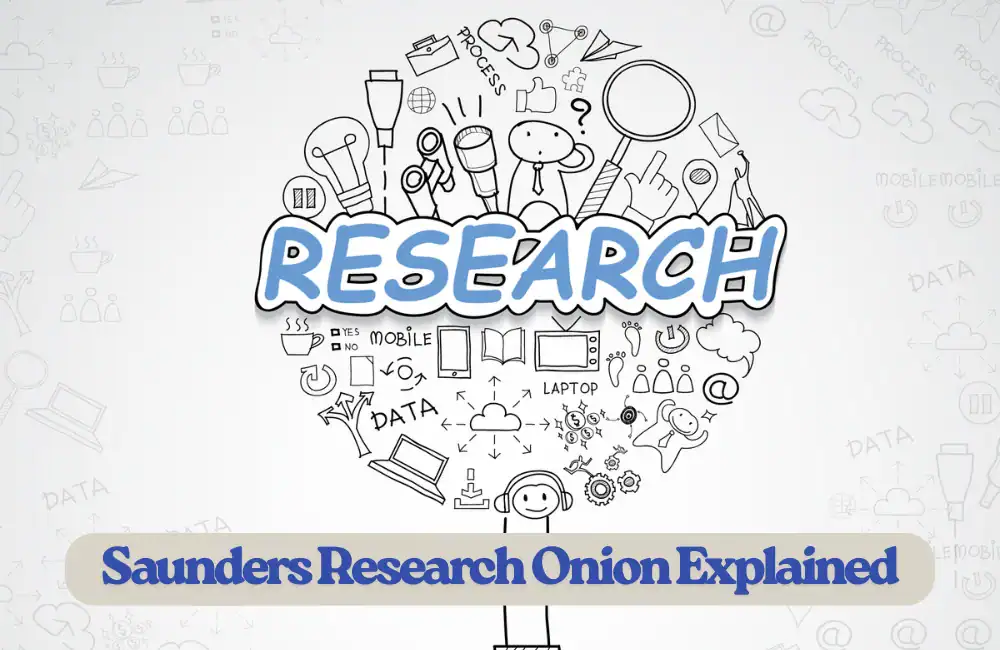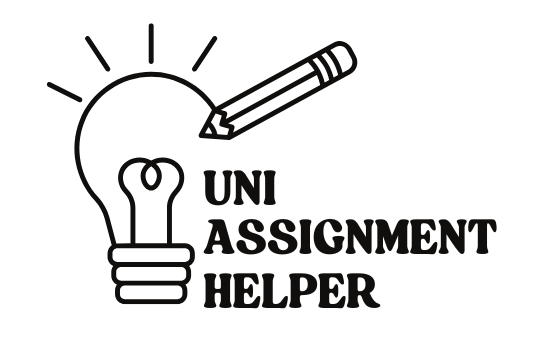Saunders Research Onion Explained: Expert Help for International Students

Have you ever stared at your dissertation brief, unsure how to structure your research? For many international students in the UK, frameworks like the Saunders Research Onion can feel confusing instead of helpful. You’re expected to understand terms like positivism, deductive approach, and longitudinal studies, all while managing assignments, part-time work, and adapting to a new education system.
The research onion model, introduced by Mark Saunders and his team, is one of the most popular tools in UK universities to guide students in designing their research methods. But despite its usefulness, it often puzzles students because of its layers and academic language. In fact, according to Advance HE’s Postgraduate Student Experience Survey (2023), over 55% of international students admitted to struggling with research design and methodology.
That’s why services like Uni Assignment Helper are more than just support, it’s lifeline. With assignment help experts by your side, you don’t just peel the layers of the Saunders onion model; you understand and apply them confidently in your assignments.
What Is the Saunders Research Onion?
The Saunders Research Onion (also called the research onion Saunders or Saunders onion model) is a clear, structured framework created in 2007 by Mark Saunders and colleagues. It helps researchers make key decisions while building their methodology.
Think of peeling an onion; each layer represents a decision, starting from broad philosophical assumptions down to specific data collection methods. The six layers are:
- Research Philosophy: Deciding whether knowledge is measurable (positivism) or interpretive (interpretivism).
- Approach to Theory Development: Deductive (testing a theory) or inductive (building a theory).
- Research Strategy: Choosing methods like surveys, experiments, or case studies.
- Methodological Choice: Deciding on qualitative, quantitative, or mixed methods.
- Time Horizon: Selecting cross-sectional (a snapshot) or longitudinal (over time).
- Data Collection Techniques: Choosing interviews, focus groups, or statistical analysis.
Research published in the Journal of Higher Education Policy and Management (2022) found that students using models like the research onion scored 30% higher in their methodology chapters. Clearly, understanding this onion is not optional; it’s essential.
Why Students Find the Model Hard
Even though it’s helpful, many students find the Saunders onion overwhelming. Here’s why:
- Complex Academic Language: Terms like realism or deductive reasoning can sound intimidating, especially if you’re new to research. These ideas can feel abstract and hard to connect to your dissertation.
- Linking Theory to Practice: Even after reading guides, students often wonder how to apply each layer of the research onion Saunders to their topic. For example, deciding between qualitative or quantitative methods isn’t always simple.
- Time Pressure: Many international students work part-time to support themselves. According to Universities UK International (2023), nearly 59% of students balance work and study, leaving less time to understand dense theories.
- Adjusting to UK Standards: International students are often surprised by the depth of referencing and clarity required. Unlike other systems, UK universities demand detailed explanations for every choice in methodology.
If you’ve looked at the Saunders onion model diagram and felt stuck, you’re not alone. But the good news is it can be tackled with the right help.
Solving the Problem: How to Approach Each Layer
Taking the model step by step makes it easier and manageable. Here’s a simple way to approach it:
- Start with Philosophy: First, decide if your view matches positivism (objective truths) or interpretivism (subjective experiences). Linking your choice to your dissertation topic makes it clear.
- Choose Your Approach: Deductive means testing an existing theory, inductive means building new ideas from data. For example, a marketing student might test a known consumer theory (deductive).
- Pick a Strategy: Surveys, case studies, experiments, they each have benefits. A management student might pick a case study of a local company for detailed insights.
- Make Your Choices: Decide whether your research will be qualitative (interviews), quantitative (statistics), or mixed methods. This aligns your data with your research goals.
- Select Time Horizon: Cross-sectional studies give a one-time view, while longitudinal studies track changes over time.
- Data Collection & Analysis: Choose methods like questionnaires, focus groups, or software like SPSS to gather and analyse data.
Taking it one layer at a time turns the research onion model from confusing to a clear roadmap for a strong dissertation.
How Uni Assignment Helper Makes Research Easier
At University Assignment Helper, we know the Saunders onion can feel like a tough puzzle. That’s why we offer step-by-step support made for international students in the UK.
Here’s what makes us different:
- Expert Tutors: Our assignment help experts explain each layer of the Saunders research onion with real-world examples, making abstract concepts easy to grasp.
- Proofreading & Editing: We refine your dissertation to meet UK academic standards for clarity, structure, and referencing.
- Deadline Support: Whether you need quick help or ongoing guidance, we deliver plagiarism-free drafts on time to reduce last-minute stress.
- Student-Focused Help: We understand the challenges of balancing part-time jobs, cultural adaptation, and studies. Our services provide one-on-one support to make your journey smoother.
Whether you search “help me with assignment” or look for trusted online assignment help, Uni Assignment Helper offers the clarity and confidence you need. We prioritise your academic success and well-being.
Real Value for International Students
Imagine being a first-year master’s student in London, excited but confused by the Saunders onion model. Days are wasted searching YouTube tutorials and textbooks. Instead, you turn to University Assignment Helper and instantly receive structured guidance tailored to your project.
Here’s why that matters:
- UK Academic Standards: We know what universities in Manchester, Birmingham, and London expect, from referencing styles to methodology chapters.
- Stress-Free Learning: You get answers that connect theory directly to your dissertation.
- Boosted Confidence: With assignment expert support, you feel ready to submit strong, plagiarism-free work that earns better grades.
According to Universities UK International (2023), international students contribute over £41 billion a year to the UK economy. With so much at stake, getting access to reliable support through Uni Assignment Helper ensures your academic investment pays off.
Conclusion: Get Expert Help for Your Research Journey
The Saunders Research Onion might look tricky, but with the right approach, it becomes a step-by-step guide to solid research. For international students in the UK, the real challenge is applying it well while balancing coursework, jobs, and cultural changes.
That’s where Uni Assignment Helper comes in. With assignment experts, personalised help, and trusted online support, we make your research journey easier so you can focus on success. Whether you’re stuck on methodology or just wondering, “Can someone help me with my assignment?”, the answer is yes, we’re here to help.
Choose Uni Assignment Helper to make your academic journey stress-free, structured, and rewarding.
Start peeling the layers of your research onion today, with expert guidance by your side.
Our Latest Post
Stay updated with our latest tips, guides, and insights – fresh from the blog!





